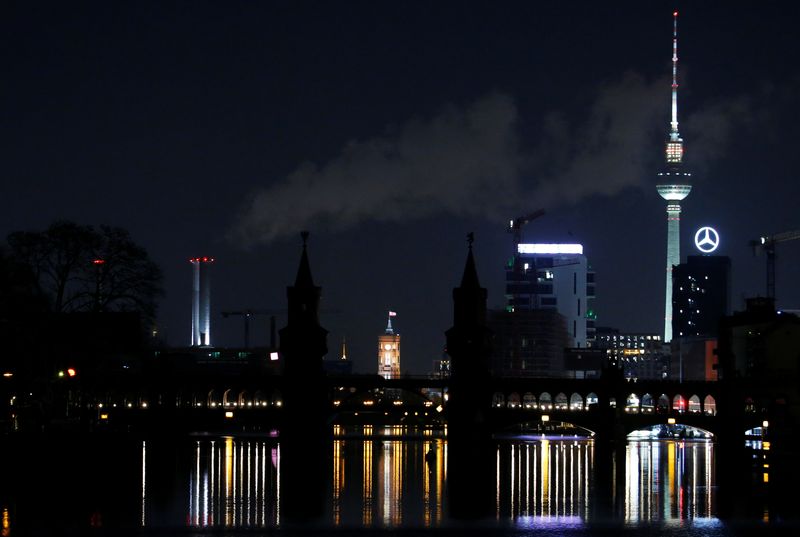BERLIN (Reuters) -Germany will not face as severe a recession next year as currently predicted by the government, according to the five "wise ones" who advise Berlin on economic policy.
The five-member economic advisory council sees Germany's economy shrinking by 0.2% in 2023, versus the official forecast of a 0.4% contraction, a person familiar with their annual report told Reuters on Tuesday.
The council is also slightly more optimistic about 2022 in its annual report, set to be released on Wednesday and first reported by Spiegel weekly.
The advisers predict 1.7% growth, compared with the government's forecast for 1.4%, based on unexpected third-quarter growth despite inflation and energy supply concerns.
Inflation is expected, on average, to hit 8% this year, and exceptionally strong price increases are on the way in 2023, the advisers said, warning that inflation's effect on consumers' purchasing power was a reason for the looming recession.
The Sueddeutsche Zeitung daily said the panel of advisers envisaged inflation of 7.4% next year.
A German newspaper reported on Monday that the advisers will recommend the government raise taxes on the wealthy to help finance the multibillion-euro relief packages it has agreed to fight the energy crisis.

The top income tax rate should be raised or an energy solidarity tax imposed on high earners, the advisers said in their annual report, according to Sueddeutsche Zeitung.
Such measures would "increase the accuracy of the overall package and signal that the energy crisis must be overcome with solidarity," Sueddeutsche Zeitung quoted the annual report as saying.